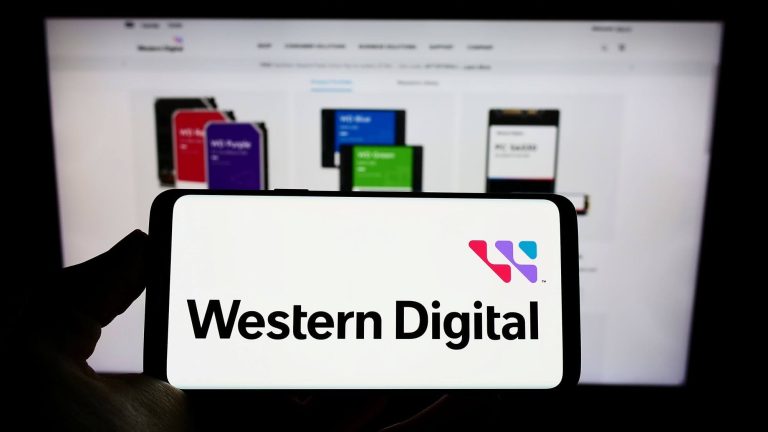
The Future of Education: What 2025 Holds
Focus Keyword: Future of Education
The future of education is rapidly changing with the integration of technology and innovative learning methods. As we approach 2025, it’s essential to understand the trends and developments that will shape the education sector. In this article, we’ll explore the potential advancements and innovations that will revolutionize the way we learn and teach.
Section 1: Introduction to the Future of Education
The education sector has undergone significant transformations over the years, from traditional classroom settings to online learning platforms. The rise of technology has enabled students to access a vast array of educational resources, making learning more accessible and convenient. However, as we move forward, it’s crucial to consider the potential implications of these advancements on the future of education.
The future of education will be shaped by various factors, including technological advancements, shifting societal needs, and evolving student expectations. As we approach 2025, it’s essential to stay ahead of the curve and anticipate the changes that will impact the education sector.
Section 2: Trends and Developments in Education
Several trends and developments are expected to shape the future of education in 2025. Some of the key trends include:
- Personalized Learning: With the help of artificial intelligence and machine learning, education will become more personalized, allowing students to learn at their own pace and according to their individual needs.
- Virtual and Augmented Reality: The integration of virtual and augmented reality will revolutionize the way we learn, making education more immersive and interactive.
- Online and Blended Learning: Online and blended learning platforms will continue to grow, providing students with greater flexibility and access to educational resources.
- Artificial Intelligence and Automation: Artificial intelligence and automation will play a significant role in education, enabling teachers to focus on more critical tasks and improving student outcomes.
These trends and developments will have a profound impact on the education sector, requiring educators, policymakers, and students to adapt and evolve.
Section 3: Challenges and Opportunities in the Future of Education
While the future of education holds much promise, it also presents several challenges and opportunities. Some of the key challenges include:
- Digital Divide: The digital divide will continue to be a significant challenge, with many students lacking access to technology and internet connectivity.
- Teacher Training and Support: Teachers will require training and support to effectively integrate technology and innovative learning methods into their teaching practices.
- Student Engagement and Motivation: Student engagement and motivation will remain a challenge, particularly in online and blended learning environments.
However, these challenges also present opportunities for innovation and growth. By addressing these challenges, educators, policymakers, and students can work together to create a more equitable, effective, and engaging education system.
Section 4: Conclusion and Recommendations
In conclusion, the future of education in 2025 will be shaped by technological advancements, shifting societal needs, and evolving student expectations. To prepare for this future, educators, policymakers, and students must stay ahead of the curve and anticipate the changes that will impact the education sector.
We recommend the following:
- Invest in Teacher Training and Support: Provide teachers with the training and support they need to effectively integrate technology and innovative learning methods into their teaching practices.
- Address the Digital Divide: Work to address the digital divide by providing students with access to technology and internet connectivity.
- Encourage Student Engagement and Motivation: Encourage student engagement and motivation by incorporating interactive and immersive learning experiences into educational programs.
By working together, we can create a more equitable, effective, and engaging education system that prepares students for success in the 21st century.





